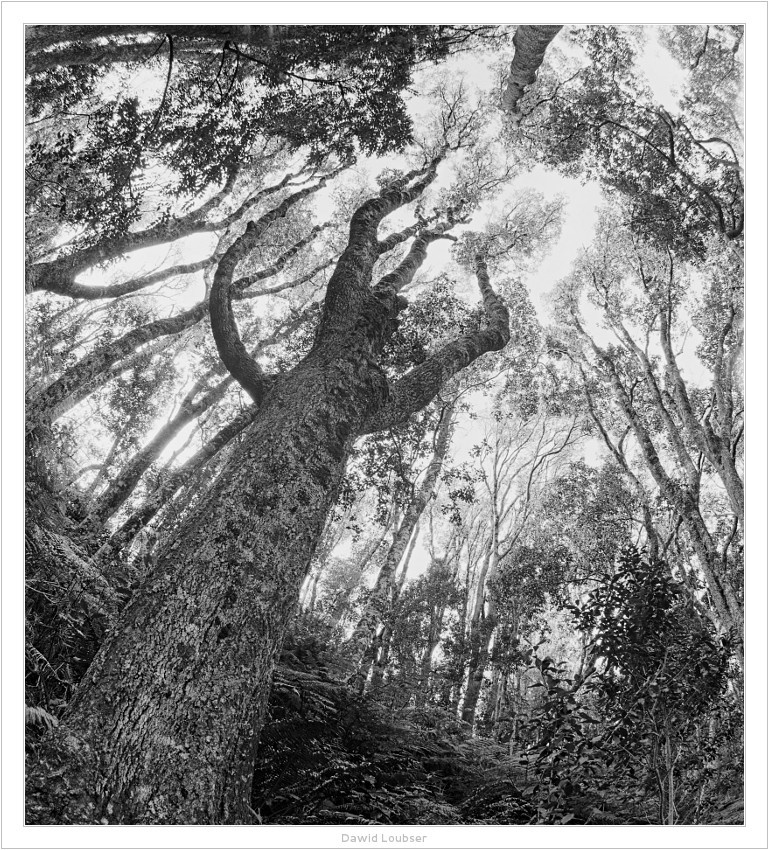I'm 25 and just got back into film over the past year, so I'm not "holding on" so much as grabbing hold of. I'm really enjoying it.
Film is a photochemical process so its fundamentally different. I'm a painter and illustrator by trade, so my comparison is old fashioned oil painting versus digital painting. I feel that when I use film it is more like drawing - its more of a physical act, digital is more mediated, which is fine, I like digital painting too, but its a matter of horses for courses, I think its a matter of what you want to say and choosing the right visual vocabulary to say it. I'm not really interested in detail or resolution, the most important thing for me is texture, I've used texture from scanned and overblown film prints in my graphic design work before just because the texture itself lends a sense of depth and physicality that digital doesn't. I feel like a lot of the film vs digital debate is about DR and resolution, I don't think people talk enough about surface and sensibilities.
That being said I really like digital too, I have a Ricoh GX100 that I've had for at least 6 years I think and I'm going to keep using it for as long as I can, even now its outdated as hell. Unlike 99% of digital cameras Ricoh doesn't treat you like a moron, I just wish the GR had a bigger sensor.
The other thing is that shooting fully mechanical cameras is a discipline and forcibly involves me in the image making process, its about planning and commitment. They've made image making so easy these days, I think its good to make it hard for yourself.

